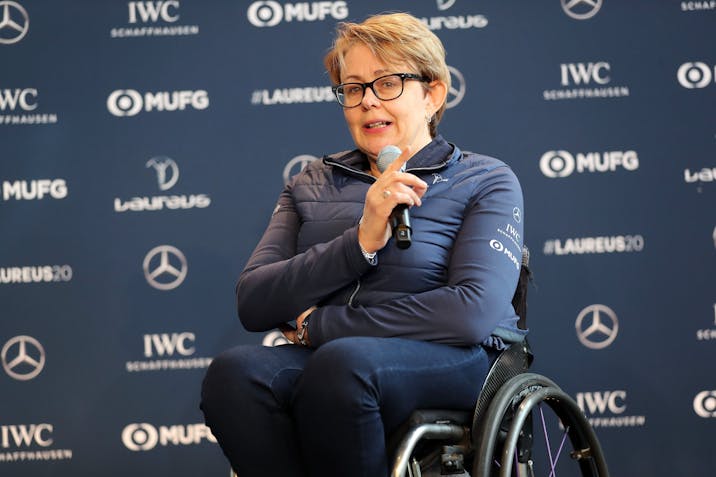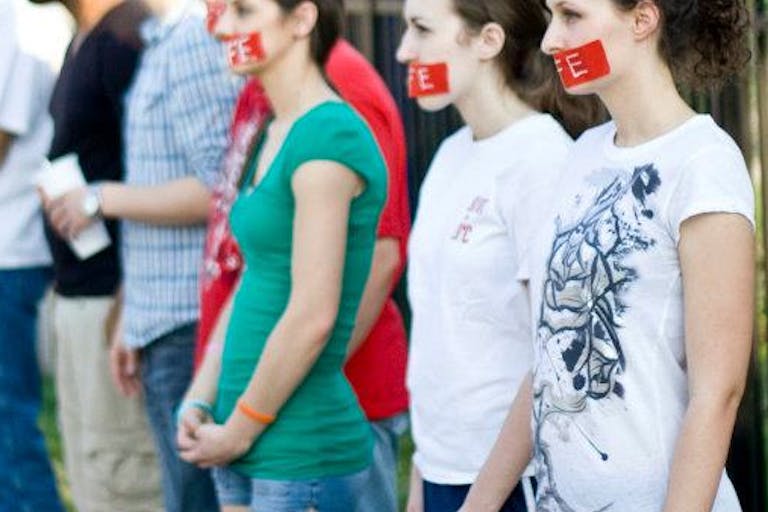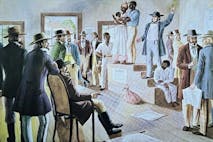
Paralympian receives abuse and harassment for opposing assisted suicide
Cassy Cooke
·
Creating a climate favorable to change
According to Gallup, since 1995 the percentage of people who call themselves pro-life has risen significantly, and 2009 marked the first year that a majority of people called themselves pro-life. But this hasn’t translated into a change on the extent to which people think abortion should be illegal. And polls about government funding of embryonic stem cell research indicate that a majority of people also oppose prohibiting embryonic stem cell research. So, while the pro-life movement is making great strides, it’s still necessary to create a climate favorable to change.
Fortunately, we can learn many lessons from the movement to abolish slavery. Lerone Bennett Jr., author of Forced Into Glory, worded it best when he described how such a climate was created back then by individuals “who planted seeds and prepared the ground in the 1830s and 1840s … for a crop that could only be harvested in the 1860s.” That crop, of course, was the Thirteenth Amendment, which freed the slaves. Now we need to plant seeds and prepare the ground for a new crop.
And that starts with the pro-life community discontinuing the use of the words “unborn” or “preborn” and “postborn” human life and instead using the words “pre-delivered” and “post-delivered” human life. Using the words “unborn” or “preborn” and “postborn” imbeds the false notion in the public’s mind that an embryo or fetus isn’t fully human until “born” at delivery. One way to help shift public opinion from merely opposing abortion and embryonic stem cell research to supporting prohibition is by demonstrating the fact that a human life is born at the moment of conception and that an embryo or fetus simply hasn’t been delivered yet. Repeating that point at every relevant opportunity is crucial.
It’s extremely important to note that often the specific issues that surround an injustice remain the same for decades, even centuries, in the case of slavery. It’s when the public begins to see those issues from a different perspective that public opinion concerning the injustice begins to change. Once that happens, the momentum to end the injustice builds until the injustice finally is overcome.
Live Action News is pro-life news and commentary from a pro-life perspective.
Contact editor@liveaction.org for questions, corrections, or if you are seeking permission to reprint any Live Action News content.
Guest Articles: To submit a guest article to Live Action News, email editor@liveaction.org with an attached Word document of 800-1000 words. Please also attach any photos relevant to your submission if applicable. If your submission is accepted for publication, you will be notified within three weeks. Guest articles are not compensated (see our Open License Agreement). Thank you for your interest in Live Action News!

Cassy Cooke
·
Opinion
Jade A. Lee
·
Opinion
Nancy Flanders
·
Opinion
Bridget Bosco
·
Guest Column
Jonathan Alexandre
·
Opinion
Nancy Flanders
·
Media
Paul Pauker
·
Analysis
Paul Pauker
·
Opinion
Paul Pauker
·
Opinion
Paul Pauker
·
Media
Paul Pauker
·